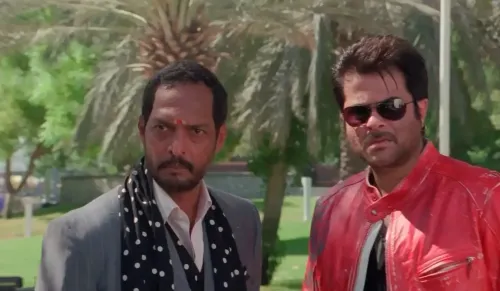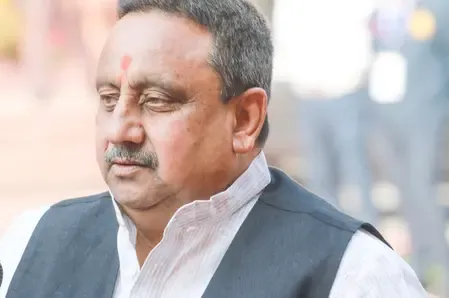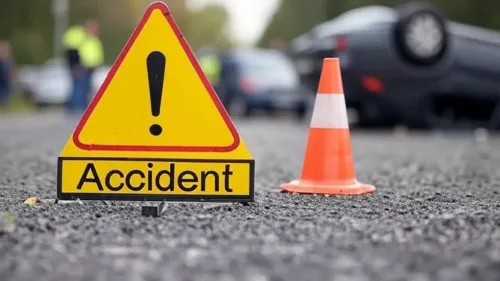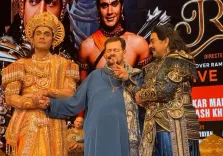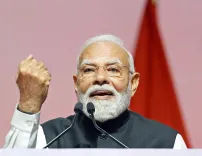Has the Maharashtra Special Public Security Bill Passed?
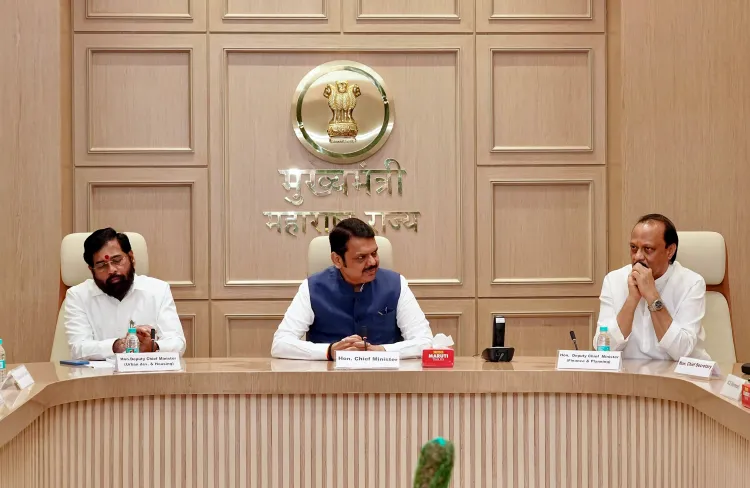
Synopsis
Key Takeaways
- The Maharashtra Special Public Security Bill, 2024, aims to combat urban Naxalism.
- Opposition parties have raised concerns about the bill's implications for civil liberties.
- The bill establishes an advisory board for evaluating evidence against organizations.
- Supporters claim it is necessary for national security.
- Critics argue it may be politically motivated and subject to misuse.
Mumbai, July 11 (NationPress) The Maharashtra Special Public Security (MSPS) Bill, 2024 was approved via voice vote in the state council on Friday, as the opposition exited the session, asserting that the bill contradicts communist principles.
The bill was presented by Yogesh Kadam, the Minister of State for Home, who stated that it aims to act against groups undermining democracy and fostering urban Naxalism.
Kadam noted that there are currently 64 organizations operating in the state that need to be controlled.
He emphasized the limitations of the UAPA law, which only addresses violent incidents, whereas the Naxalite ideology is infiltrating urban areas without resorting to violence. Hence, a distinct law is essential to counteract their methods, as proving guilt based solely on ideology is not feasible under UAPA.
The proposed legislation will establish an advisory panel that includes a High Court judge or a retired district court judge alongside government prosecutors. All evidence will be evaluated by this board, and their recommendations will determine the banning of specific organizations. Additionally, legal consequences will be imposed on members of these banned groups, the minister stated.
Kadam clarified that the intention of this law is not to target common protesters or individuals expressing dissent against the government, but to specifically curtail the spread of Maoist thought. The bill had earlier been approved in the state assembly by voice vote, following opposition from a solitary CPM member.
The ruling coalition fervently backed the bill, describing it as anti-Naxalism and anti-terrorism. However, both Shiv Sena UBT and Congress raised significant objections.
Shiv Sena UBT legislator Anil Parab criticized the bill as politically driven, suggesting that it pursues a political agenda under the guise of national security. He remarked that while measures to combat terrorism and Naxalism in the national interest are supported, this bill carries political undertones and risks misuse.
“We have two ideologies, left and right. If a terrorist affiliated with the BJP exists, should he be exempt? He poses a threat to the nation and deserves the same punishment as any other traitor. Why create a distinction between left and right?” he questioned.
Parab further alleged that the bill could intentionally target organizations protesting government actions. He noted that existing laws, including UAPA and MPDA, already address terrorism and Naxalism. “What necessitates a new law when existing provisions suffice? Will this law be leveraged politically against organizations rather than individuals? If this bill is indeed politically motivated, we oppose it,” Parab added.
Congress MLA Abhijit Vanjari mentioned that over 12,000 individuals and organizations have submitted suggestions and objections regarding the Public Safety Bill, yet no public hearings have taken place. While MLAs were consulted in the joint committee, numerous concerns remain among the populace that require clarification.
“The Congress party stands against this bill. Why introduce a new law when current legislation effectively combats Naxalism?” he queried.
Vanjari urged the government to address public confusion and propose a revised bill. “If the goal is to eradicate Naxalism, then why did Union Home Minister Amit Shah claim that 72% of Naxalism in Maharashtra has been resolved? This indicates that our existing laws are adequate for controlling Naxalism,” he concluded.



